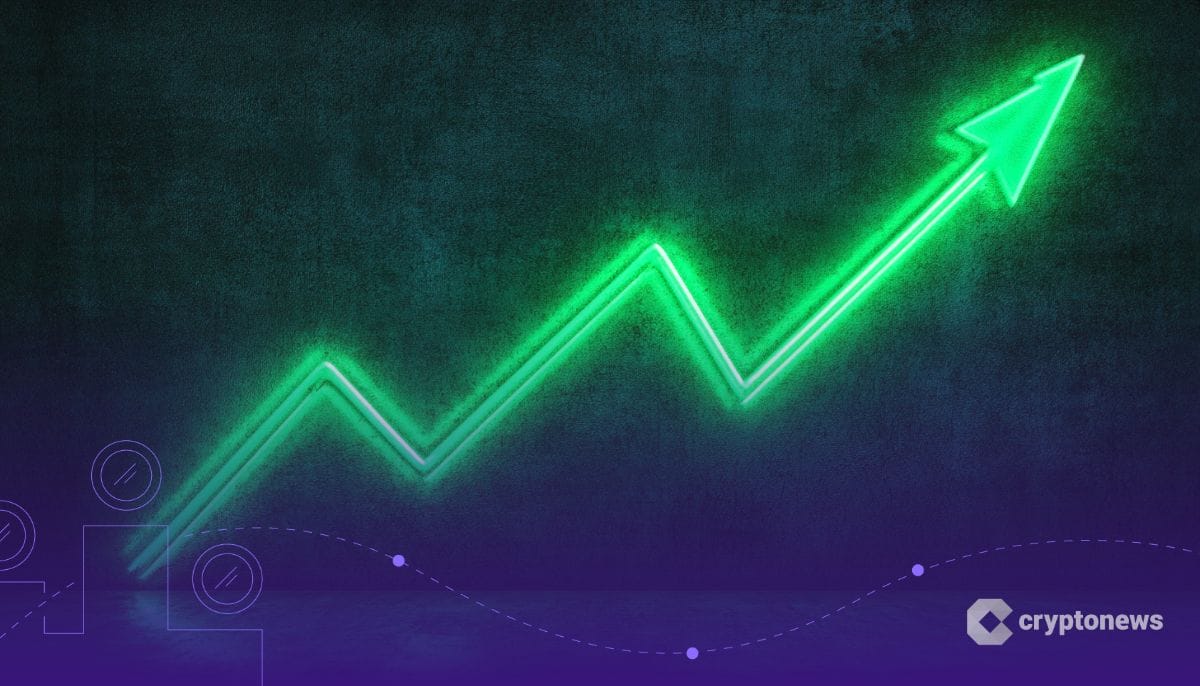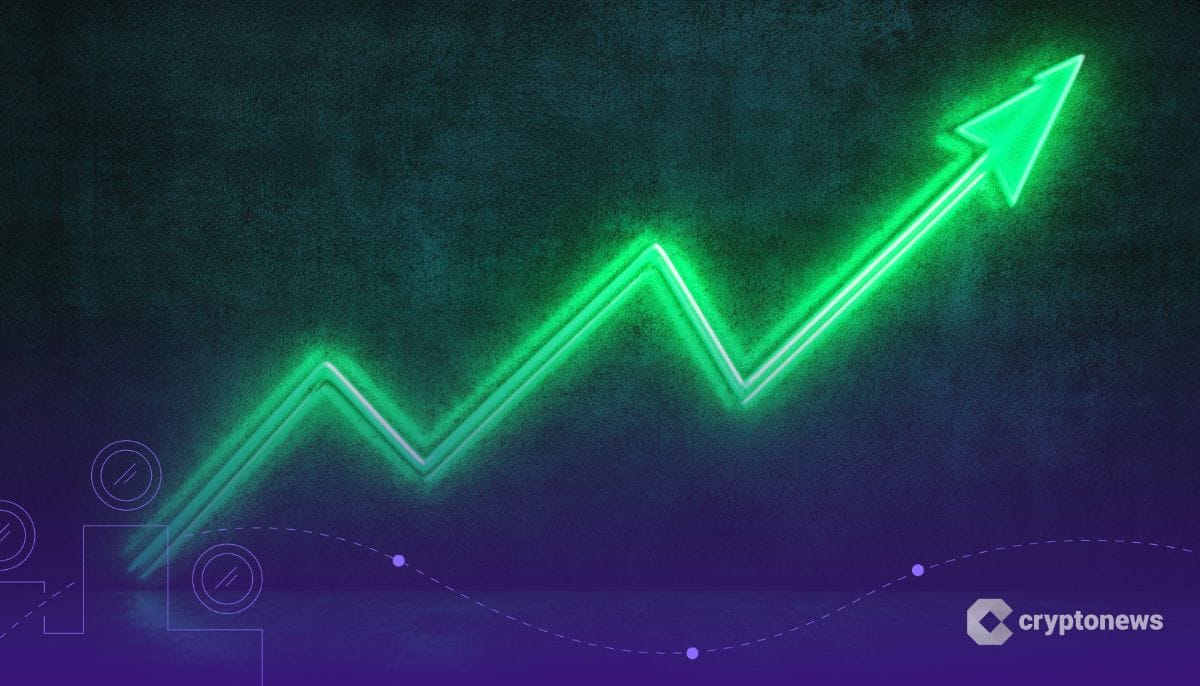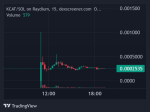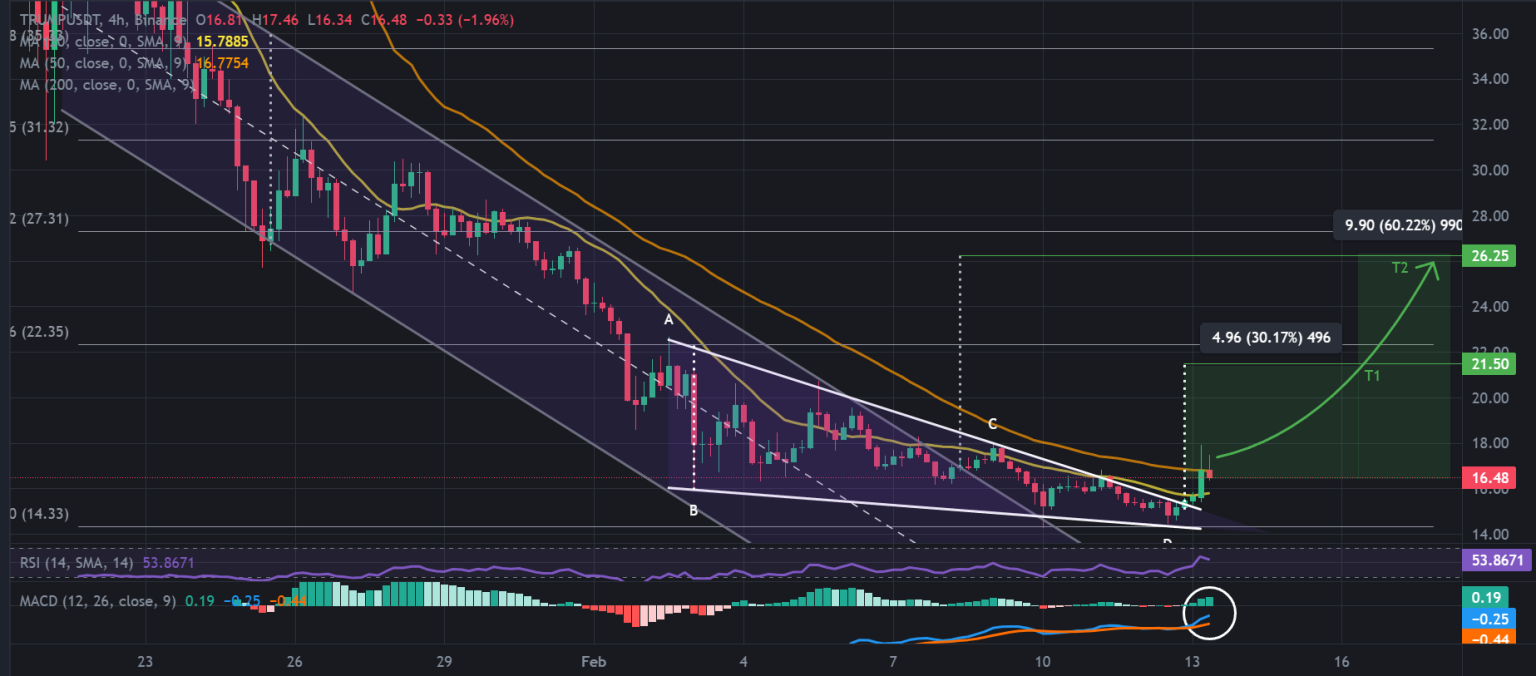Last updated:
 Why Trust Cryptonews
Why Trust Cryptonews
Ad Disclosure
We believe in full transparency with our readers. Some of our content includes affiliate links, and we may earn a commission through these partnerships. Read more

Solana (SOL) demonstrated resilience during a bearish December, achieving over $100 billion in decentralized exchange (DEX) trading volume for the second consecutive month.
With a $107.865 billion in monthly DEX volume (as of Dec. 27), Solana outpaced its competitors in December, including Binance Smart Chain (BSC) and Ethereum (ETH), which recorded $91.444 billion and $84.168 billion, respectively, according to DefiLlama data.
In November, Solana also reigned supreme with $129.736 billion in DEX volume, well ahead of Ethereum’s $70.635 billion.
Raydium Leads Among Single-Chain DEXs
Solana’s performance highlights its growing appeal in the decentralized finance (DeFi) sector.
The surge in activity on Solana-based DEXs like Raydium, Orca, and Lifinity indicates that users and projects are prioritizing the blockchain’s efficiency and scalability.
Raydium and Orca recorded $59.642 billion and $23.252 billion, respectively, in the last 30 days.
In comparison, Uniswap and PancakeSwap processed higher volumes, reaching $110.219 billion and $95.18 billion, respectively.
However, Uniswap and PancakeSwap are multi-chain DEXs, while Raydium is a single-chain DEX operating solely on Solana, which was able to secure the third position in the overall DEX ranking, as per DefiLlama.
Solana TVL Soars Despite SOL Price Dip
Solana’s on-chain activity also shows increased interest in this blockchain.
According to Artemis data, Solana’s daily transactions hit an all-time high of 1.5 billion in December (as of Dec. 27).
Number of daily active wallets decreased slightly by 9% from 6.7 million in November to 6.1 million in December, but the total value locked (TVL) surged by 57% from $5.8 billion to $9.1 billion, suggesting growing confidence in Solana’s DeFi ecosystem and its potential for long-term growth.
However, this surge in activity hasn’t yet been reflected in SOL’s price, which has dropped 20% over the past 30 days to $192 per coin.
This disconnect between on-chain activity and price could be due to a number of factors, including overall market sentiment and investor perception.
Restaking Fuels Solana’s Growth
Solana’s success in December wasn’t limited to its DEXs, the blockchain also saw a significant surge in restaking activity.
Solana staking pool Jito generated over $100 million in revenue from priority fees and tips in both November and December, according to a Dec. 26 note from Kairos Research.
In 2024, Jito’s validators scaled tip revenues by an average of 32% each month, Kairos said. Monthly income peaked in November at about $210 million.
This upward trend not only reflects the surging popularity of the Solana network but also highlights the growing role of Maximum Extractable Value (MEV).
Validators are increasingly capitalizing on MEV strategies, prioritizing certain transactions over others to maximize their earnings.





